This post was originally published on this site
Not only are interest rates in the U.S. at their highest level in decades, the yield curve is inverted. Three-month U.S. Treasury bills
BX:TMUBMUSD03M
yield 5.45%, while 2-year Treasury notes
BX:TMUBMUSD02Y
yield 4.89% and 10-year Treasury paper
BX:TMUBMUSD10Y
will get you a yield of 4.19%.
Therein lies the first warning: Institutional-bond investors believe the U.S. economy will slow enough for the Federal Reserve to switch direction and begin reducing interest rates. That is why those investors have loaded up on 10-year bonds, pushing their prices up and their market yields down. When interest rates decline, bond prices rise and vice versa.
But nobody knows how long it might take for the Fed to worry less about inflation and more about economic growth. Why not avoid the bond market and the stock market and enjoy a 5.5% yield on cash through a bank CD or Treasury securities?
For income-oriented investors, Joy Wiltermuth explains why the cash strategy’s time may be running out.
And William Watts shares data from Wells Fargo showing how parking cash, even at current high rates, can lower your investment-portfolio returns over the long haul.
Friday’s employment numbers for August include an increase in the U.S. unemployment rate to 3.8% from 3.5% in July. That supports expectations that the Fed will hold off on another interest-rate increase when the Federal Open Market Committee meets Sept. 19-20.
Then again, maybe investors who are setting up their portfolios for a decline in interest rates are jumping the gun. Here’s why rates could rise much higher from here.
High interest rates and housing

Mortgage-loan application volume has perked up, as some people are making the adjustment to much higher interest rates.
Getty Images
In the Big Move column, Aarthi Swaminathan gives clear advice to a couple with an interesting decision to make — whether or not to sell a high-maintenance property that also brings in high rental income.
Mortgage-loan rates in the U.S. remain at their highest levels in generations, but loan application volume has picked up.
With rates so high, if you are looking to buy a home, you shouldn’t assume that a 30-year mortgage loan is your only choice. If you can swing a 15-year loan, you might save hundreds of thousands of dollars on interest. Here is a detailed comparison based on the median U.S. home listing price and average loan rates.
More housing coverage:
A court victory and potential catalyst for bitcoin
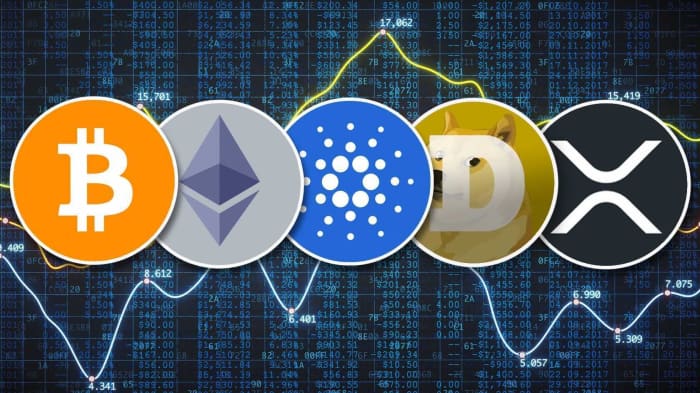
Terrence Horan, Dow Jones
The $16 billion Grayscale Bitcoin Trust
GBTC
has had a pricing problem for a long time. The fund only holds bitcoin
BTCUSD,
and has a 2% annual fee. Here’s the problem:
- A traditional mutual fund is priced once a day at the market close. The price is called the net asset value and is calculated by dividing the total market value of the fund’s assets by the fund’s share count. Investors can only buy or sell shares once a day at that day’s NAV, calculated after the market close.
- An exchange-traded fund has two prices — the NAV and its own stock price, which fluctuates as it is traded throughout the day. This market price may be very close to the NAV, but if demand for the ETF’s shares is so high that the market price is moving significantly higher than the NAV, more shares are created to meet demand and bring the prices closer together. Shares are redeemed if the market price moves significantly lower than the NAV.
- But this isn’t the case for the Grayscale Bitcoin Trust, which is traded on an exchange but doesn’t have an ETF’s ability to create or redeem shares. This is why the Grayscale Bitcoin Trust’s NAV at Thursday’s close was $23.57 but its share price was $18.71. Investors have been shying away from the fund. Bitcoin itself is up 56% this year, but it was trading for $25,980 early Friday, which was 59% below its record high of $62,971.54 on Oct. 29, 2021, according to FactSet.
A share price so much lower than the NAV illustrates why Grayscale wishes to convert the Grayscale Bitcoin Trust to an ETF that will allow it to redeem shares and bring the share price closer to the NAV.
The problem is that the Securities and Exchange Commission rejected Grayscale’s application for a bitcoin ETF, on the grounds that the regulator wouldn’t be able to monitor the virtual-currency market sufficiently to prevent fraud and manipulation. But a court ruling this week found that the SEC’s decision had been “arbitrary and capricious” and violated federal law. Here’s what the SEC has been ordered to do, as Chris Matthews reports.
Frances Yue rounded up reaction to the court ruling in the virtual-currency industry.
Check out the Distributed Ledger column for full coverage of events in the world of cryptocurrencies.
The King is sued over size
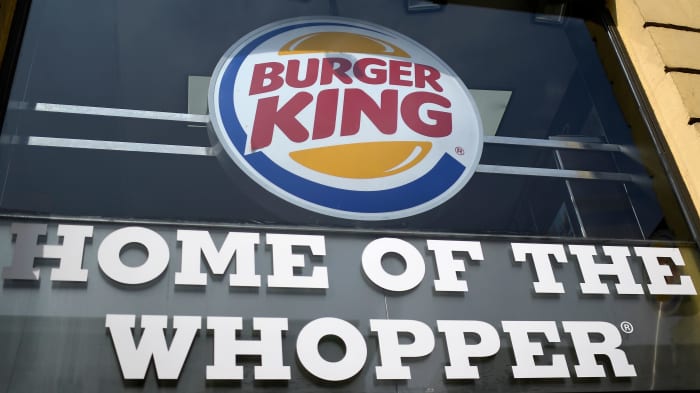
Burger King has been accused of deceptive advertising.
AFP via Getty Images
If you call your company the “Home of the Whopper,” you had better stand behind the claim. A federal judge has ruled that Burger King, a unit of Restaurant Brands International Inc.
QSR,
must face a lawsuit claiming the company has overstated the size of its burgers by 35% since 2017.
Money + family = Moneyist

MarketWatch illustration
If a friend were to ask your advice to help settle a difficult, emotional conflict over money within their family, you might want to steer clear. But Quentin Fottrell — the Moneyist — dives right in. This week he helps a man who is getting to the end of his rope as one of his adult daughters makes a bitter request for his continuing financial support.
More from the Moneyist:
- I want to give over $600,000 to my adult children. How do I ensure they don’t lose that money in the event they divorce?
- ‘He wanted nothing to do with me’: I discovered my biological father through Ancestry.com. Am I entitled to a share of his estate?
A stock screen
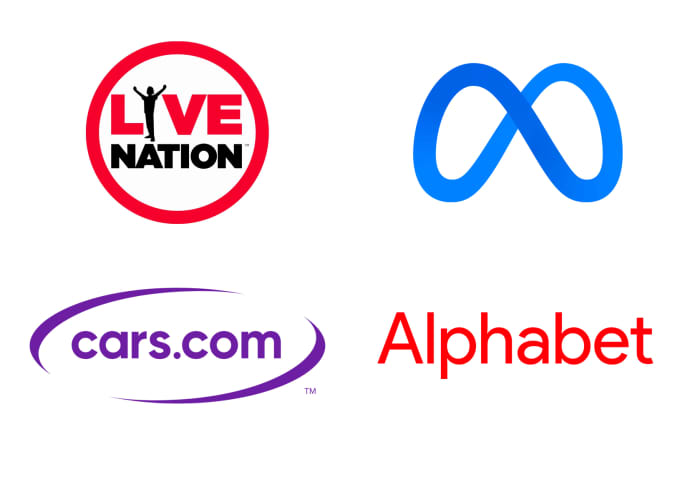
MarketWatch
These days, the media industry seems to be constantly in flux. Here’s a discussion of challenges faced by the largest players, including high debt levels, along with a screen of dozens of stocks in the S&P Composite 1500 communications-services sector. Only one of the companies has zero debt. Can you guess which one it is?
Another screen: 10 growth stocks that are trading at bargain prices, including Delta and Cheniere Energy
It’s nearly iPhone time again
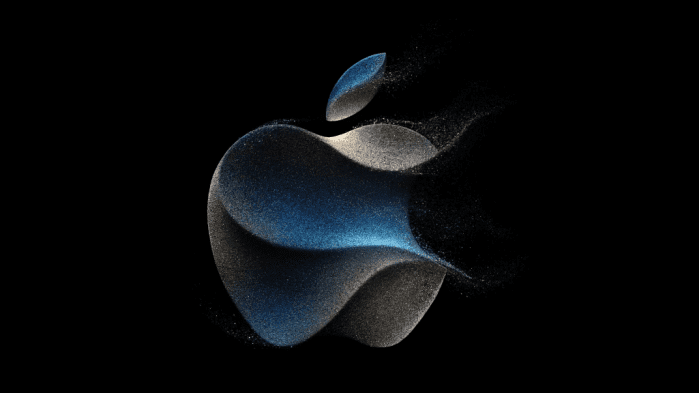
Apple is expected to debut the iPhone 15 on Sept. 12.
Apple
Apple Inc.
AAPL,
is scheduled to roll out new products on Sept. 12. Here’s how much you can expect to pay for an iPhone 15 Pro.
More Apple coverage:
Corporate results and the Ratings Game

Palantir is now one of a handful of stocks in the Russell 1000 index rated sell by at least 50% of analysts polled by FactSet.
AFP via Getty Images
As we near the end of earnings season, technology companies continue to report quarterly results and update their outlooks for sales and profits:
The Ratings Game column tracks analysts’ changing opinions of particular stocks. Here are some of this week’s tech-oriented developments:
Retirement numbers
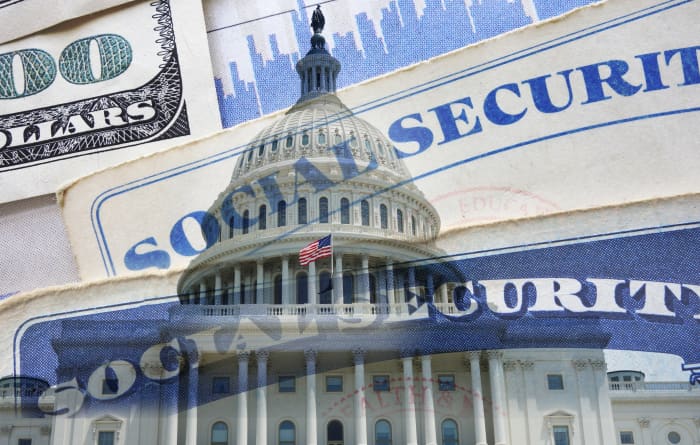
Getty Images/iStockphoto
In the Help Me Retire column, Alessandra Malito answers an interesting question from a reader who would need to go back to work to qualify for Social Security. He is 70.
Soon it will be time to begin making annual plans for retirement savings:
What to stream this month
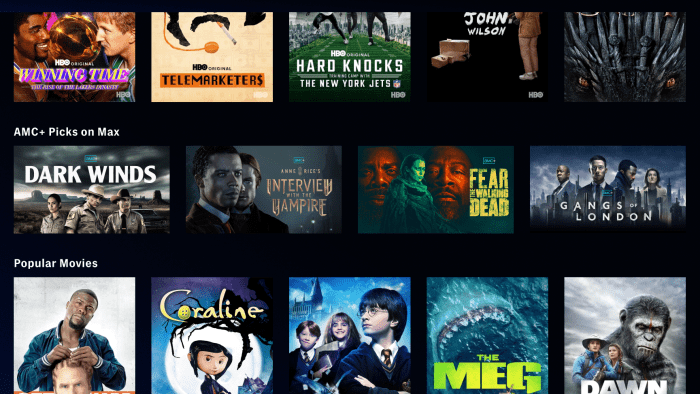
Max will stream seven AMC+ series for a limited time.
Max
The continuing strike by Hollywood writers and actors is disrupting streaming services’ plans to offer new content. Entertainment mogul Barry Diller has suggested that legacy movie studios go their own way and settle with the strikers rather than trying to do so in cooperation with Netflix Inc.
NFLX,
The streamers are still expected by their subscribers to deliver the goods every month. Mike Murphy summarizes what’s on tap for September and what is leaving various streaming services.
Then he drills down:
Want more from MarketWatch? Sign up for this and other newsletters to get the latest news and advice on personal finance and investing.



